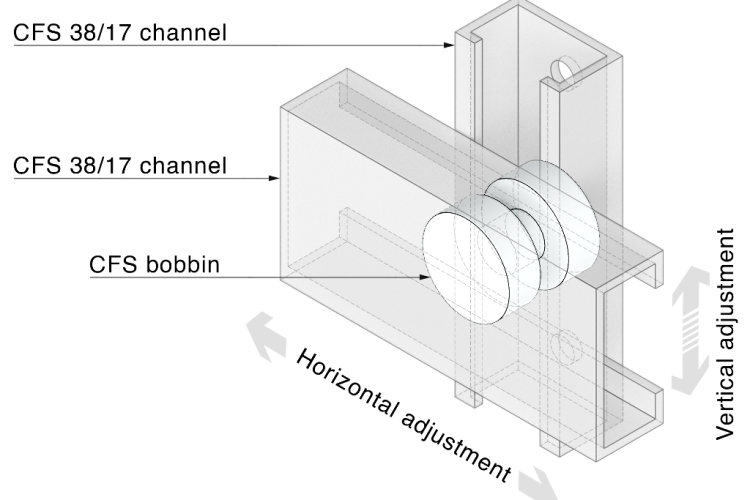Construction industry shrinks for first time since Brexit vote was confirmed

Britain’s construction industry has contracted for the first time since the aftermath of the Brexit vote, as rising political uncertainty leads to a sustained drop in new work.
September data from the monthly Markit/CIPS UK construction PMI report revealed a difficult month for building companies, with new projects failing to outdo jobs confirmed before the referendum. The drop in workload was attributed to fragile confidence and reduced appetite for risk, especially in the commercial building sector.
The lower volumes of work also showed in both commercial and civil engineering activity last month. Civil engineering activity experienced the steepest fall in almost four and a half years, with some companies reporting a lack of new work to replace completed contracts.
Housebuilding again was the only area to register any expansion last month, although the momentum was the slowest in six months.
With Prime Minister Theresa May announcing both a £10bn expansion of the help-to-buy scheme to provide loans to first-time buyers and plans to spend £2bn on a “new generation” of council houses and affordable homes for rent, the latest figures will disappoint Conservative Party leaders.
Tim Moore, associate director at IHS Markit and author of the IHS Markit/CIPS Construction PMI: “A shortfall of new work to replace completed projects has started to weigh heavily on the UK construction sector.
Aside from the soft patch linked to spending delays around the EU referendum, construction companies have now experienced their longest period of falling workloads since early-2013.
“Fragile client confidence and reduced tender opportunities meant that growth expectations across the UK construction sector are also among the weakest for four-and-a-half years. At the same time, cost pressures have intensified, driven by supply bottlenecks and rising prices for imported materials.
“Commercial development has been the worst performing category in recent months. Construction firms attributed falling volumes of commercial work
to subdued business investment and reduced risk appetite among clients, linked to heightened economic and political uncertainty.
“Civil engineering work decreased at its fastest pace since April 2013, which prompted concerns from survey respondents about a near-term lack of new infrastructure projects.
“House building slipped down a gearing September, which highlighted that fragile confidence has spread across all three key market segments. Some firms suggested that the loss of momentum for residential construction reflected worries about the outlook for ultra-low mortgage rates and less upbeat demand expectations.”




















